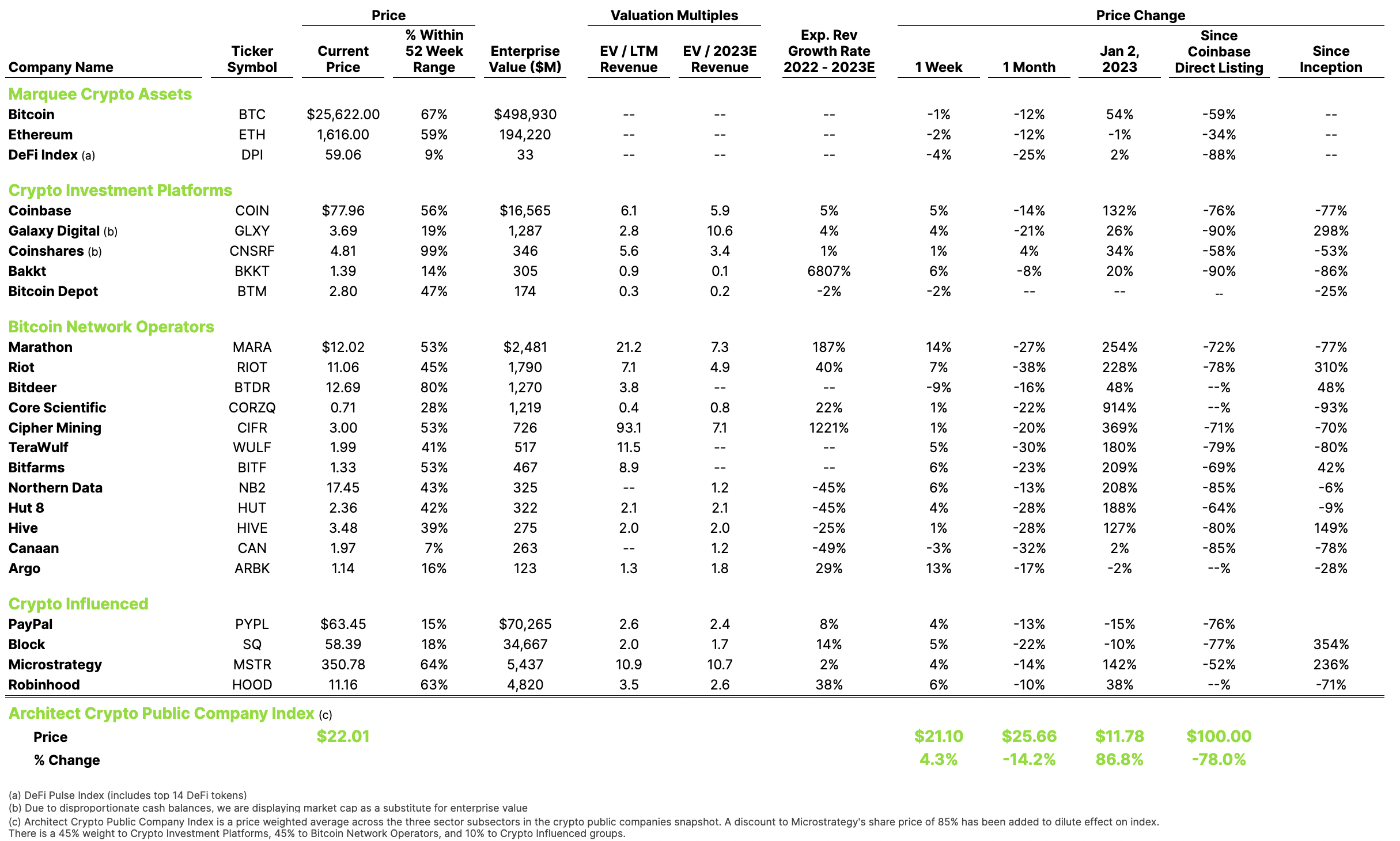Earlier this week the CEO of a publicly-traded blockchain/digital assets company told me what he is most worried about in the current market environment – that the eventual U.S. regulation blocks the crypto and digital assets industries entirely from the U.S. markets. Or that consistent court losses somehow revert to “open season” without a base level of regulation and investor protection, preventing mainstream & institutional adoption. Of course, the immediate question is what to do now – anything in between his extremes is likely manageable, provided some clarity emerges before dwindling cash reserves are spent and/or the chilly investor environment thaws.
The lack of definitive action from the U.S. legislature, and the enforcement-only mindset from the executive branch, inevitably focuses attention on the judicial branch for clarity. But relying on the courts is a slow, imperfect and expensive process, with often conflicting results (such as the current conflicting rulings in S.D.N.Y. on how to define a security) and long periods to resolve inevitable disparities.
This theme has occurred throughout the past year, and the saga continues this week with Greyscale’s victory in its battle with the SEC over its ETF Application for its Bitcoin Trust, quickly followed by the SEC delaying its decisions until October for numerous spot ETF applications. The SEC has 240 days to review applications and has generally used this full period, so the announced delay should have been expected, but its proximity to the Greyscale ruling cannot be ignored. Would-be regulators who have chosen the path of enforcement must now also await responses to court rulings to determine the next move.
